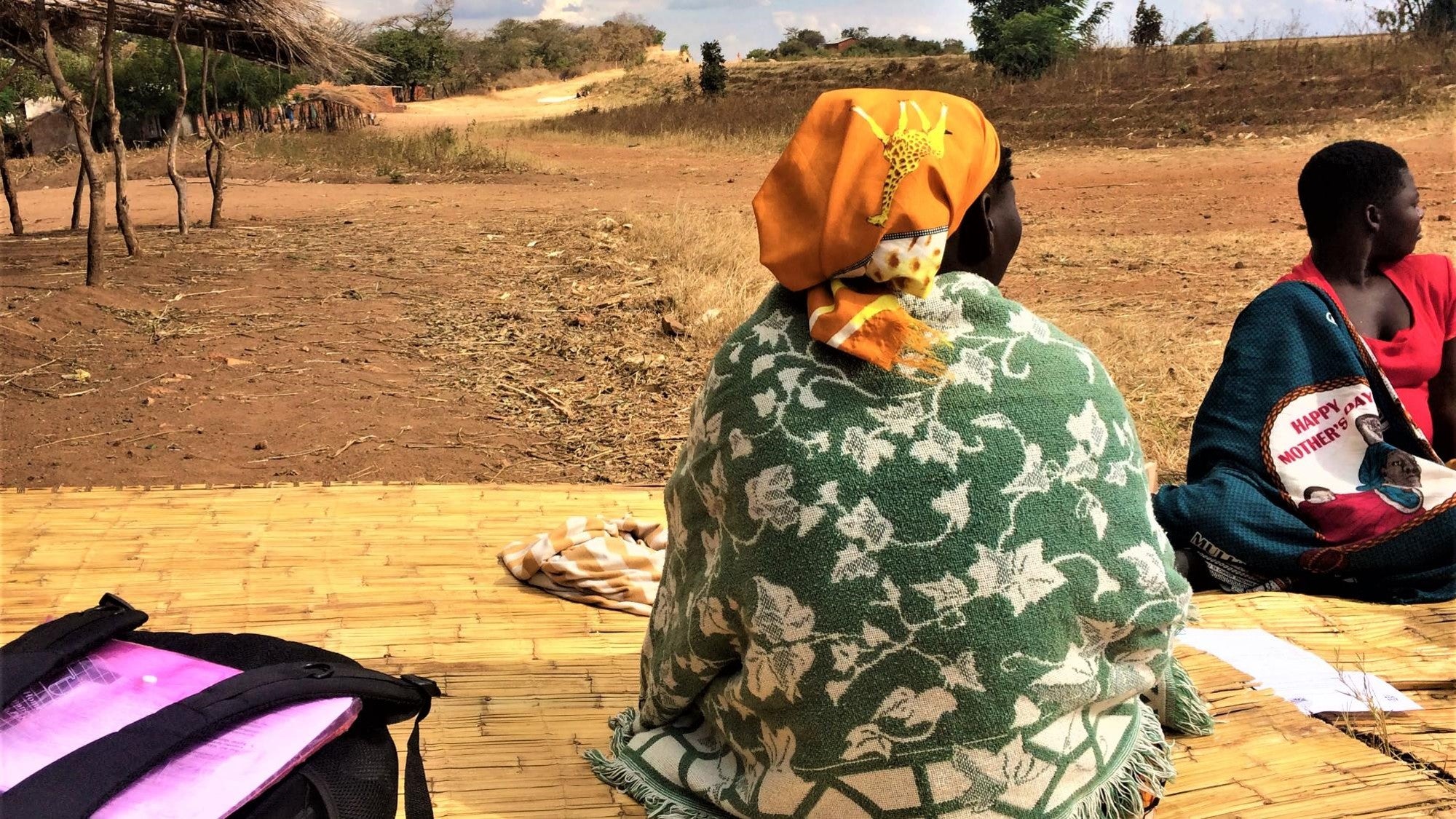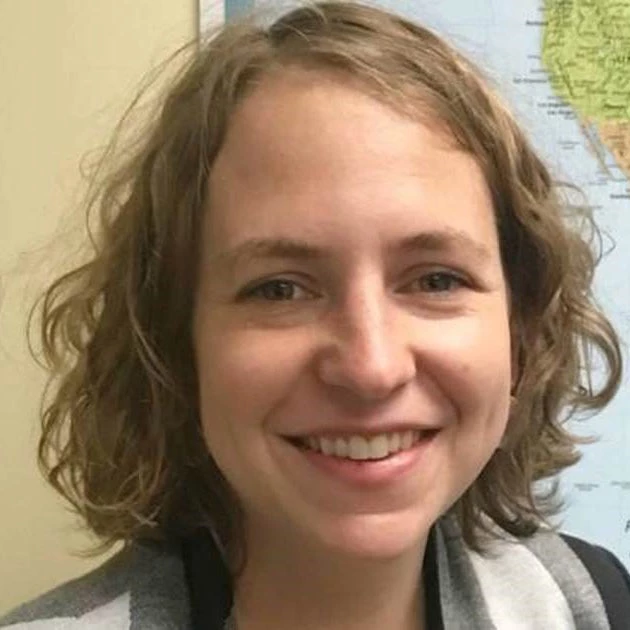We recently completed a qualitative research project in rural Malawi in an effort to grasp the experiences of women and girls when road construction projects bring labor influx into host communities. The study is based on 28 focus group discussions with people living in communities that hosted the projects, including male and female road workers, as well as key informant interviews with road agency staff, traditional leaders, secondary school principals, and local social services. This blog captures the main lessons from the methodology and approaches that were used, recognizing the context and sensitivities surrounding the associated impacts.
Design is (almost) everything…
- First things first — A survey done poorly is not qualitative research. It’s not "qualitative" when it’s simply a survey with a small and convenient sample. Rather, qualitative research draws upon different mechanisms to uncover motivations and drivers — to understand decision-making processes, perceptions, and, most importantly, the “why and how” of what matters.
- Yet consultations are not the same as qualitative research. Listening to project beneficiaries and affected persons is essential to understanding development impacts. However, consultation is not a substitute for research. A thorough qualitative study brings value precisely because it can reveal issues that might otherwise not emerge from survey data. It looks to explain underlying motivations or choices made by individuals when otherwise we might only observe outcomes. Ultimately, it enables the design of better policies – policies that address the actual root causes of observed problems.
- Getting it right is not simple. It requires time, resources, and flexibility to adjust along the way to generate new theories from the data’s insights. It takes a carefully elaborated research design, including a sampling strategy that aims to bring in "information-rich" stakeholders on a topic of inquiry. In Malawi, we approached communities in different regions (north, central, south, which are also culturally distinct) that were at different stages of exposure to road projects (e.g., commencement, ongoing, and completed) to assess the heterogeneity of impacts based on regional differences while accounting for short and long-term impacts during different phases of the construction cycle. The research instruments need to be carefully crafted, informed by literature review and key informant interviews, and then tested and adjusted. Our team consulted with 24 governmental and non-governmental institutions in Malawi. By first identifying local stakeholders, regulations, and interventions aimed at protecting women’s rights, the most appropriate research design was then tailored to the particular situation.
- Know your place. We explicitly adapted the research design in the location that hosted a Bank project to only interview key informants, with careful consideration on two aspects:
- There is an obvious conflict between research confidentiality and the obligations for World Bank teams to report misconduct, if uncovered during field work. This can put informants at severe risk.
- Avoiding bias in the information that one collects, since interviewees will likely be guided by social desirability and/ or the hopes for the community to gain (or not lose) by what is shared during the focus groups or interviews.
The key takeaway: An abundance of caution is necessary when research is conducted in project-related communities.
During data collection…
- Pertinent findings are only as good as your interviewing researchers perform. Good qualitative research requires interviewers that are genuinely curious and can apply this curiosity in their interactions with respondents. It implies conducting an interview in a flexible manner, different from applying an interview guide. This approach means finding someone that "senses" when there is something to dig a bit deeper into through follow-up. Good interviewers need to be intuitive, compassionate, curious – and listen rather than speak or direct. In the Malawi study, all field workers had prior experience with research that touched upon situations of gender-based violence (GBV) or violence against children (VAC). A core team member supervised all fieldwork throughout the interviewing process. Importantly, the research team would also receive specialized training and on-going support by a counselor during fieldwork, which included:
- an orientation on the concepts of gender, gender-based violence, discrimination and inequality;
- principles of conducting human subjects research;
- recognizing GBV and VAC survivors , as well as procedures to refer participants to a team counsellor;
- avoiding disclosure during an interview to protect participants from harm; what to do if a disclosure occurs, and which cases should be reported in a manner to protect participants; and
- how to recognize and deal with vicarious trauma experienced by the research team members themselves.
- Research "on" people is not the same as research "with" people. It is crucial to liaise and recruit people from within the communities of interest, bringing with them local knowledge and context as researchers or accompanying the fieldwork. Given the specific focus of the Malawi study, a local research team was hired, which consisted of one male and one female interviewer, one on-site interpreter, and one on-site counselor specializing in handling GBV situations. This was overseen by an international qualitative research expert. Daily check-ins with the local staff interviewing and conducting focus groups and reflection sessions on the emerging learning were essential to the field work.
- Be acutely aware of the risks when exploring sensitive topics. Qualitative research on difficult social issues is quite often risky to both interviewers and to interviewees. Research that may touch upon issues related to GBV raises important ethical and methodological challenges in addition to those that arise in any research (WHO 2001). Special steps were taken to mitigate risks associated with interviewing survivors or perpetrators of GBV or VAC. These included:
- special attention when introducing sensitive topics to avoid stigmatization, while also seeking continuous consent from participants;
- informing participants of local mandatory reporting laws;
- measures to secure privacy and confidentiality in data collection and processing;
- liaising with service providers prior to fieldwork to enable referrals of survivors who requested care; and
- provision of counseling services on-site by a local GBV specialist.
To be relevant…
- Setting up an Advisory Council. To improve the study’s relevance and buy-in, representatives of government and non-governmental organizations working in gender and human rights or involved in Malawi’s roads sector were invited to join an Advisory Committee. The role of the committee was to (1) make recommendations for research design and implementation, (2) discuss findings from the research and their implications for policy programming, and (3) support the meaningful use of research findings.
- Engage – not disseminate. Mutual recognition and collaboration are essential to bringing different stakeholders to the table. It is essential to finding agreement within a multi-sectoral/ multi-stakeholder environment on how best to tackle thorny issues. Rather than move swiftly into "report writing" mode, we organized a two-day workshop in Lilongwe with members of the Advisory Council to present the preliminary findings, foster an open dialogue and, importantly, jointly develop the proposed policy recommendations. This participatory process was both highly appreciated and most certainly deepened the recommendations.
- Be a partner – have a partner. To have a genuine champion on this agenda is vital to its success. In this case, Ms. Madalo Nyambose, Director of Planning, Ministry of Transport & Public Works was engaged throughout the research process and took leadership when advocating for solutions to shaping new policies and interventions to improve prevention and response to GBV and VAC in Malawi’s roads sector.






Join the Conversation